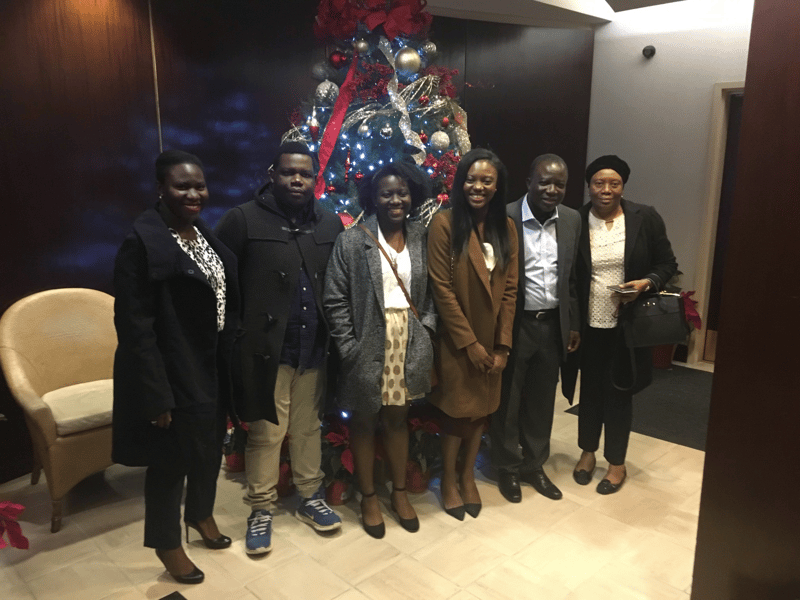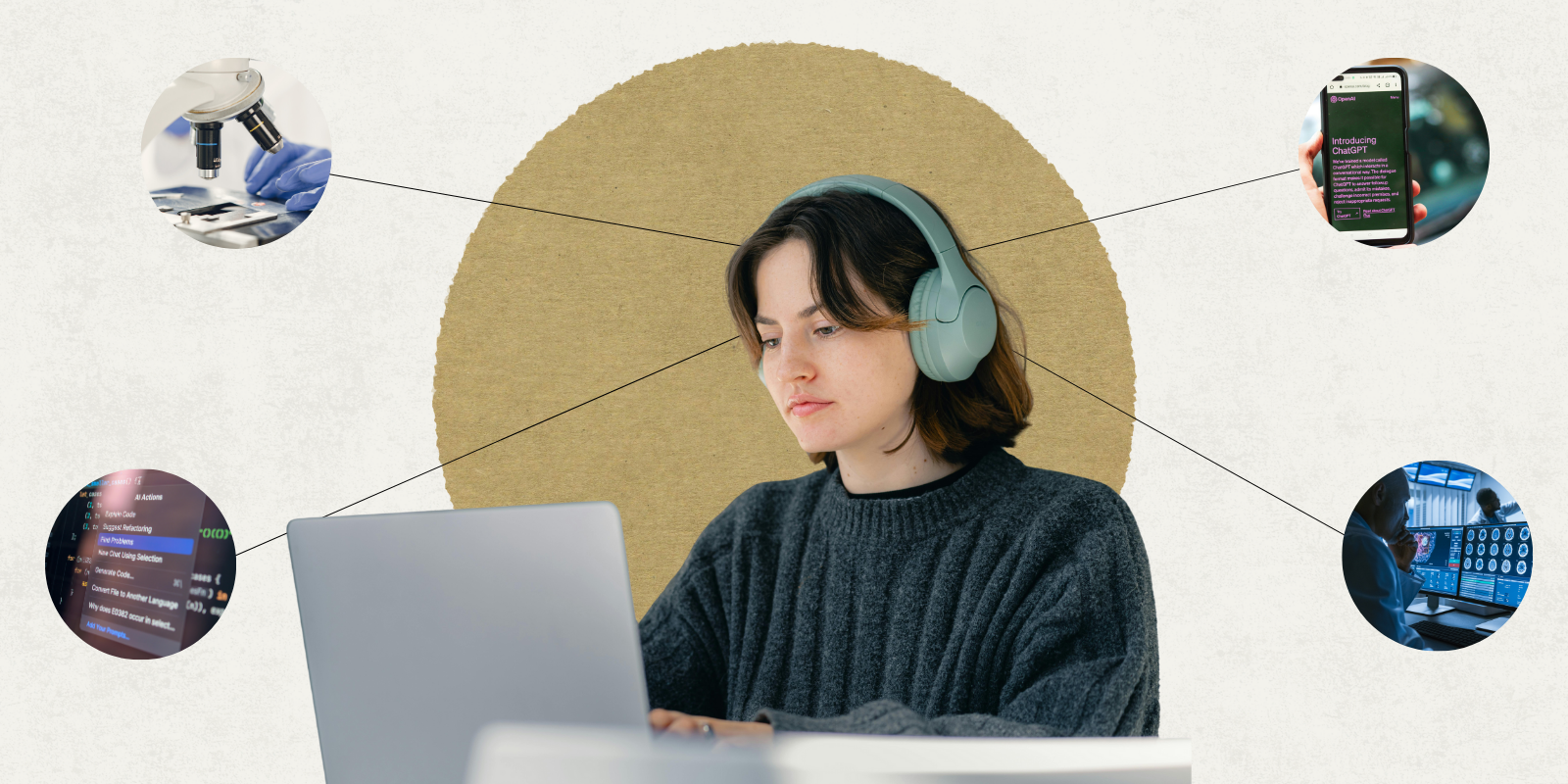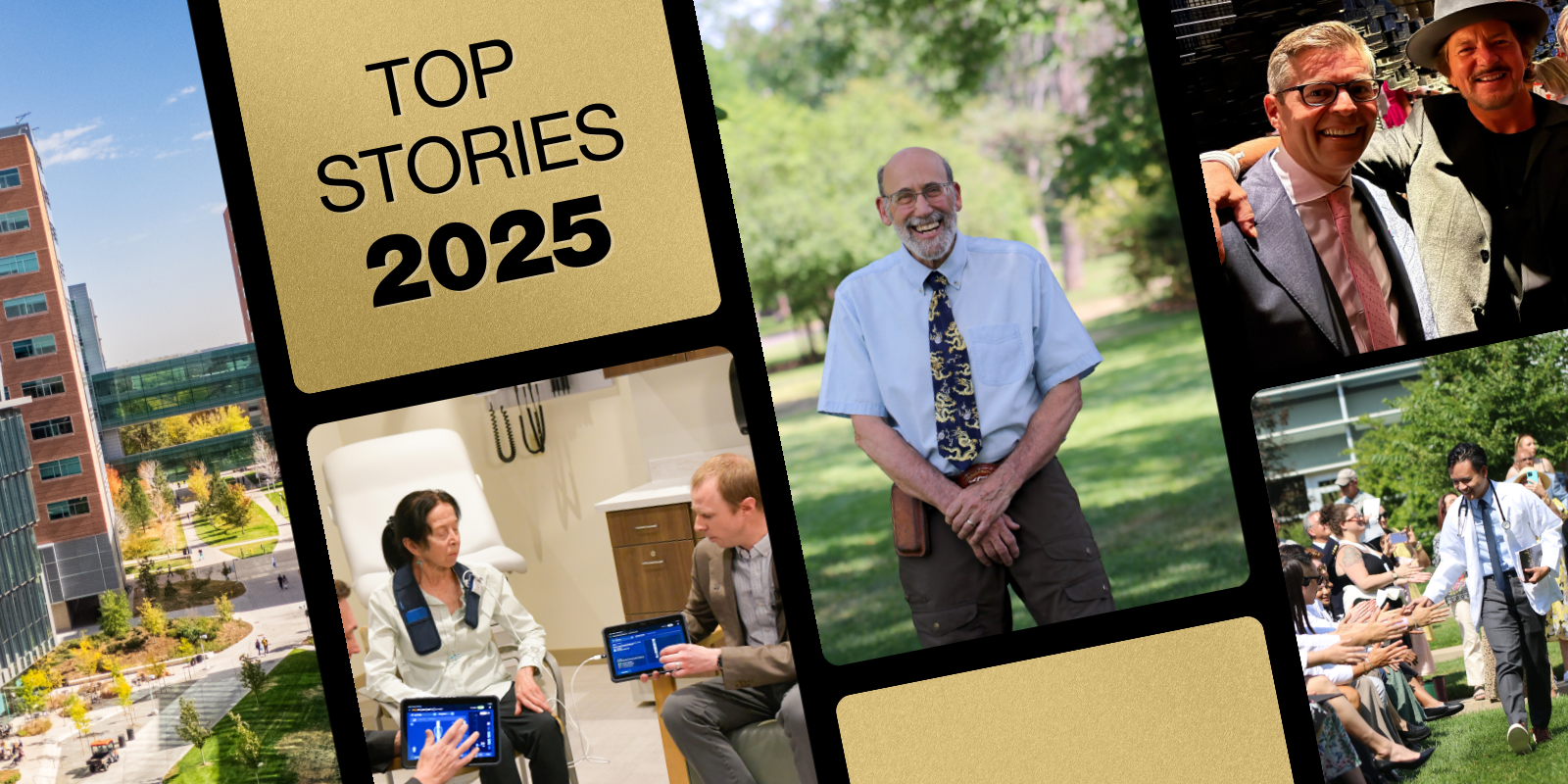Folake Adegboye didn’t always dream of becoming a doctor. Even after graduating with a bachelor’s degree in biology from Kennesaw State University in 2014, it took several years before she decided to pursue medical school. It was after she volunteered for a year at a children’s hospital and worked as a scribe in an emergency department in Atlanta that she began picturing a future in a white coat.
Yet, when she first applied to medical schools, she was rejected. So, she tried a second time and was again rejected. But this didn’t stop her, and she proved that the third time was the charm.
Building a medical school pipeline
Adegboye’s experience is common among many medical school hopefuls. In 2023, out of 52,577 applicants, only 22,981, or 44%, matriculated. There are many reasons – grades and test scores being just the tip of the iceberg. Yet, Adegboye felt that a big hurdle to acceptance was that she was a candidate who had no prior knowledge of the medical school system in the U.S. before she began applying.
“Part of it was that I just wasn't ready at that time,” Adegboye says. “But I also was the first person in my family in America to apply to medical school, so I didn’t know how it worked.”
Adegboye got her acceptance letter from the University of Colorado School of Medicine on her third try, which she attributes in part to the people she worked with when she was a scribe in the emergency department. She hopes to build a support system for other diverse students, similar to her, who are navigating the medical school admission process for the first time.
“I’m interested in pipelines that increase diversity in medicine,” Adegboye says. “I felt like I needed that environment of support and those people to be there for me. I want to help diverse students in this way, too.”
And as she’s thinking of ways to help others take that first step toward becoming a doctor, she’s also making plans to build her clinical career around helping those in underserved communities – both in the U.S. and around the world.
Supporting the underserved locally and abroad
Adegboye was born in Lagos, Nigeria, Africa’s most populous city of 15.4 million residents, and immigrated to the U.S. with her siblings when she was 15.

Folake (center) with her family during the holidays.
In Lagos, the health care system is divided into public and private sectors. The public sector is run by the government and subsidized so that “patients theoretically should be able to afford everything that they need,” recalls Adegboye. “But it still can be pretty pricey, and many places require you to pay before you go.” For Lagos’ private sector, Adegboye says it’s similar to the U.S., where doctors establish their own practices and develop relationships directly with patients. Much like here, it’s a system that comes with built-in challenges, she says.
“You can definitely tell like the difference between the public and the private health care sector in Nigeria,” Adegboye says. “It's just very obvious. In Nigeria, classism, wealth, and status are also just more obvious than here.”
When she began working for an emergency department as a scribe, she saw many similar disparities.
“I was exposed to [our underrepresented] populations a lot,” Adegboye says. “Since they don’t have insurance, the ER is where they go as a last resort, often for primary care. It’s an uncomfortable reality of the U.S. health care system. So, going into medical school, I knew that I wanted to work with that population specifically.
While she knows that she’d like to support health care in Nigeria one day, her immediate plans are focused in the U.S., where she’d like to serve underrepresented communities by working at either a safety-net hospital or community health center. It was a critical reason why she chose to do her rotations at Denver Health once she reached her third year of medical school.
“I think everyone has a right to health care and I feel like working at Denver Health helped me know the system, figure out ways to help patients, and just learn from doctors who also really want to serve the community in Denver, especially the underserved community,” Adegboye says.
A heart for children
To make her long-term plans a reality, Adegboye is hoping to do a combined residency in internal medicine and pediatrics. Her time at the children’s hospital in Atlanta and at Denver Health have given her a passion for working with children. She says they bring a type of joy to the clinic experience that you don’t always get with adults.
In particular, she recalls working with an 8-year-old boy who was sick and crying, making it tough for Adegboye to examine him. She started giving him stickers each time she needed to touch him. By the end, she was able to calm him down and complete her exam. It’s this innocent simplicity that drew her to pediatrics.
“You can give kids stickers and they just love you by the end of the visit,” Adegboye says.



